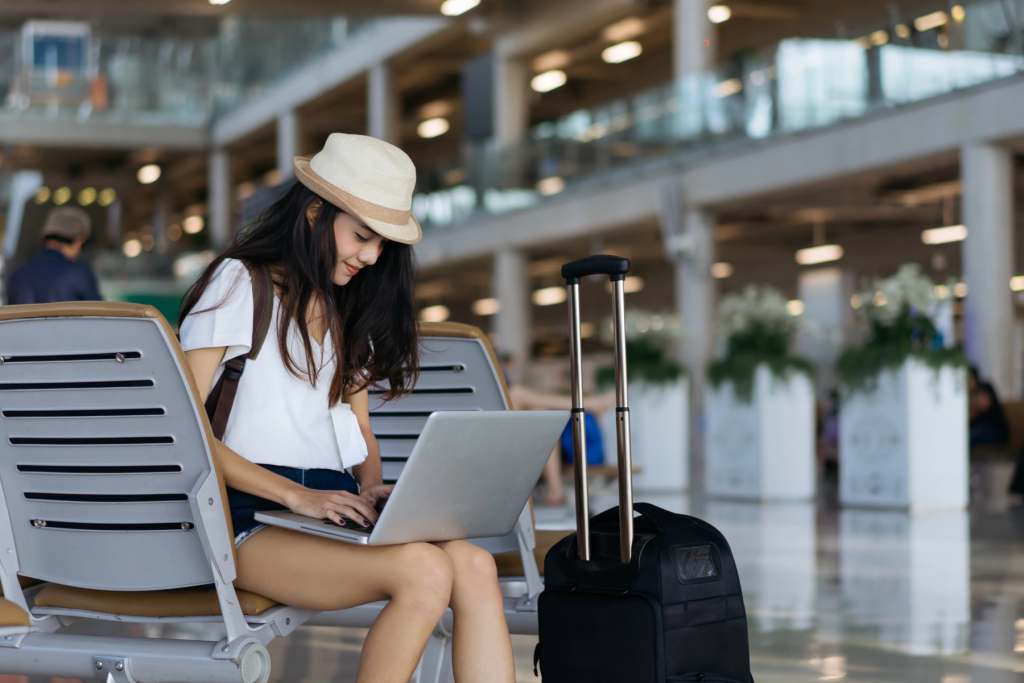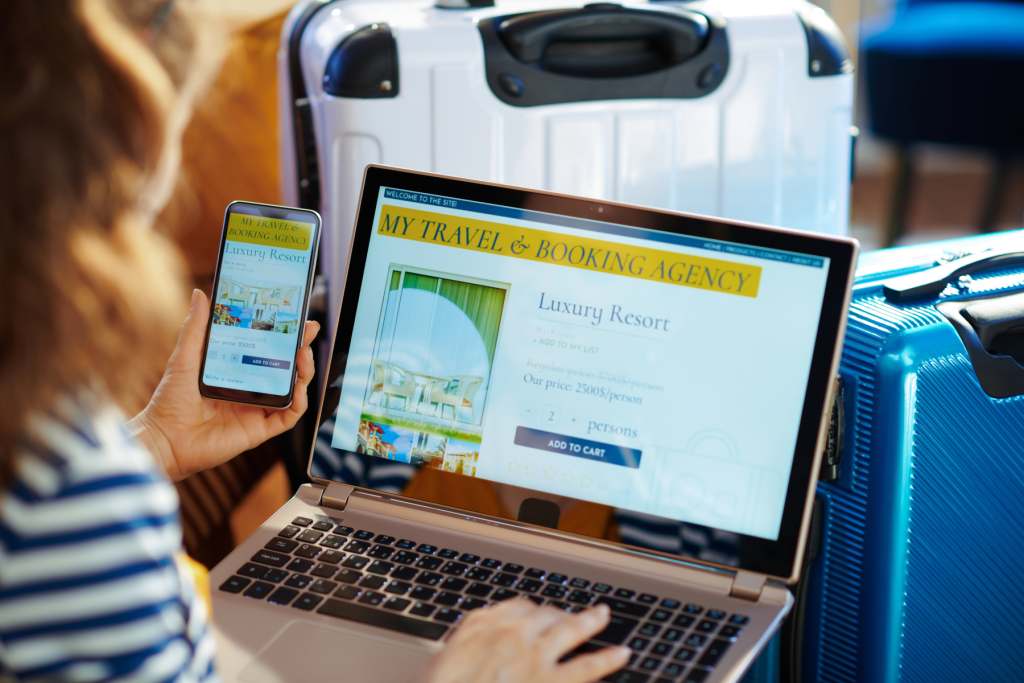Travel became an integral part of many people lives. Everything you can now do online. Thus, from booking airline tickets to choosing hotels and excursions. However, convenience comes with risk. If you neglect basic online security, your personal data and payment information definitely will be at risk. That is why browser security is critically important for every traveler. Reliable protection for your browser will ensure safe travel planning. This significantly increases your confidence and peace of mind while on vacation.
Browser Security and Its Importance for Travel
If you use a modern browser with built-in security features, it’s the first step toward protecting your data. This is because browser security allows you to:
- Block malicious websites;
- Track suspicious attempts to access your information;
- Warn you about possible phishing attacks.
It is essential when you book airline tickets, hotels, etc. online. Attackers often target mentioned resources.
Older versions frequently contain flaws. Hackers use them to steal data. As a result, updating your browser on a regular basis is just as important.
If you use the most recent version of your browser with antivirus and malware protection software, you considerably reduce the hazards associated with travel. When selecting a browser, consider its availability of additional security features. Also, its reputation. If you want to learn more about browser protection, then Moonlock, as a cybersecurity blog, offers useful materials and effective tips for removing malware and improving security. You will find valuable recommendations for users of different browsers and optimize security settings to suit your needs. This knowledge will help you avoid potential cyber threats. It also makes your online travels comfortable and confident.
 Personal data and traveling. Major threats
Personal data and traveling. Major threats
Phishing. It is one of the most common security dangers. Attackers create fake websites that are almost identical to real online booking services. One click on such a link and your personal information and card details fall into the wrong hands.
Another issue is unprotected public Wi-Fi networks. Connecting to such networks without a VPN is often dangerous. Scammers may intercept your data. As a result, one of the most fundamental travel security guidelines is the following. Avoid entering payment information or sensitive data on networks without adequate encryption.
Malware. It’s another crucial option. It can infect your browser or device to track your online activity.
Safe Travel Planning. Practical Tips
- Secure payment methods
- Strong passwords and 2FA
- Browser verification and updates
- Caution with public networks
- Online activity and behavior
Use secure payment methods
Make online transactions more secure by using virtual cards and services that do not transfer your data directly to the seller.
Monitor activity on your accounts.
Immediately notify your bank of any suspicious transactions.
These measures are an integral part of traveling security. They ensure that even in the event of a data leak, your financial resources will be protected.
Use strong passwords and 2FA
Every travel-related account must have a unique and complex password.
Turn on 2FA for added security. It significantly reduces the likelihood of attackers gaining access to your accounts.
The above is basic among IT security tips for anyone who values the security of their personal data.
Check and update your browser
Update your browser regularly. This way, you can close known vulnerabilities and increase your browser security. Enable automatic updates. Keep up with cybersecurity news. In particular, use the aforementioned Moonlock, which always provides relevant and useful information.
Use public networks with caution
 As already mentioned, when traveling, you cannot always avoid public Wi-Fi. In such instances, use a VPN whenever possible. Check that the website you’re entering your information into has a secure connection (https). This simple habit dramatically improves safety while traveling overseas. It minimizes the risk of your information being intercepted.
As already mentioned, when traveling, you cannot always avoid public Wi-Fi. In such instances, use a VPN whenever possible. Check that the website you’re entering your information into has a secure connection (https). This simple habit dramatically improves safety while traveling overseas. It minimizes the risk of your information being intercepted.
Monitor your online activity and behavior
Keep an eye out for suspicious notifications and account behavior. Unusual activity on payment services or login attempts from unknown devices are usually indicative of a threat. Using contemporary antivirus solutions in conjunction with a dependable browser adds an extra layer of safety to your data.
Modern Travelers and Additional Travel Security Tips
- Anti-phishing extensions
- Planning with cybersecurity in mind
- Important information in a safe
Use anti-phishing extensions
Many browsers include plugins that automatically verify URLs for phishing websites. This is an effective way to protect yourself. Especially if you frequently book flights and hotels online.
Plan your travels with cybersecurity in mind
Before you travel, make backup copies of important documents.
Save tickets and reservations copies in several places.
Find out in advance about local internet usage rules and restrictions in your destination country. This way, you will also ensure safety when traveling abroad.
Store important information in secure cloud services
If you keep your booking information in the cloud, ensure sure the service uses encryption and double-factor authentication. Another piece of security advice that will assist you avoid losing your data if you lose your device.
Conclusion
Modern travel is impossible without the use of the Internet. However, along with convenience comes the risk to personal data. Browser security is a key tool. It helps protect your travel bookings and financial information. Of course, you can’t do without using strong passwords and 2FA. As well as secure payment methods, VPNs, and antivirus solutions. All of the above forms a comprehensive approach to traveling security. In addition, paying attention to browser updates and advice from a reliable service will help you understand how to avoid major threats and increase your level of protection on the Internet. By following basic travel security advice, you may plan your vacations with confidence, knowing that your data is secure. Safe travel and secure personal data are essential for modern travelers, especially those who value their time, money, and personal information.
 Personal data and traveling. Major threats
Personal data and traveling. Major threats